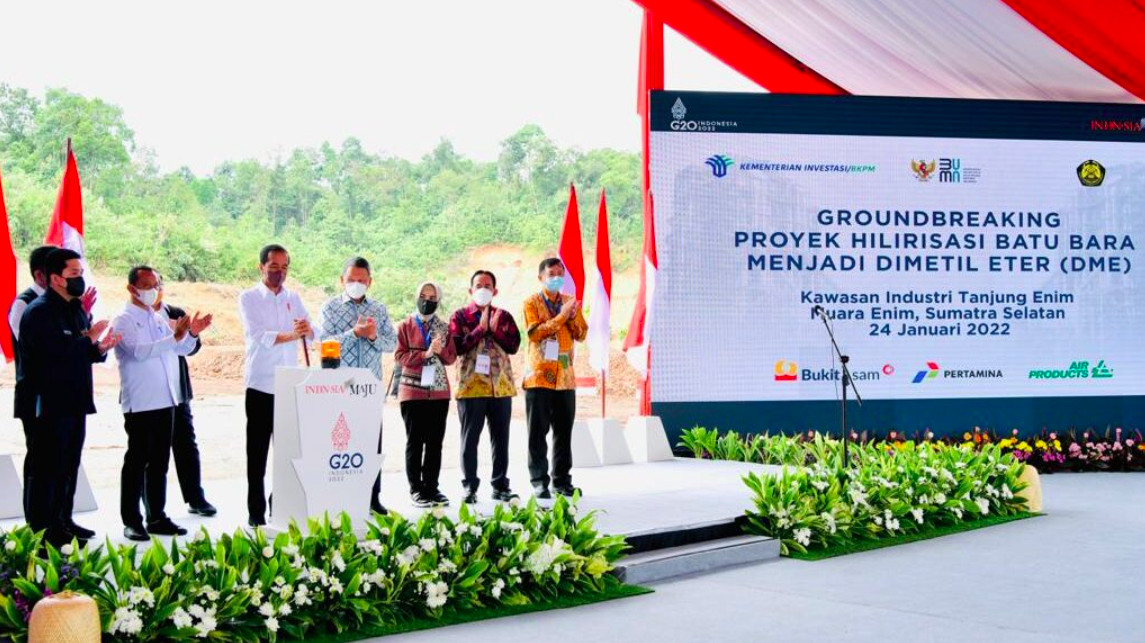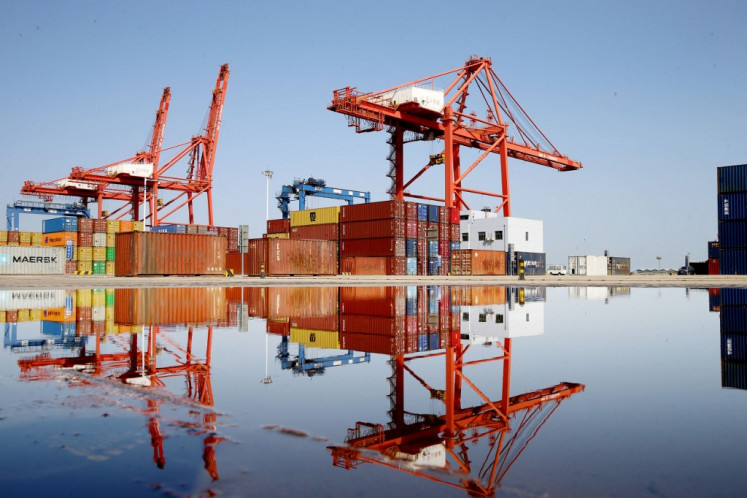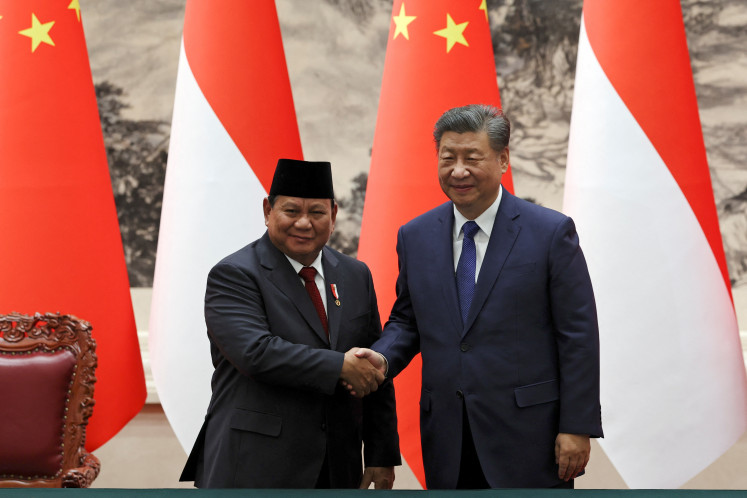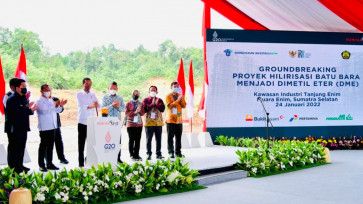Popular Reads
Top Results
Can't find what you're looking for?
View all search resultsPopular Reads
Top Results
Can't find what you're looking for?
View all search resultsSmall firms, big impacts: Green transition must embrace SMEs
SMEs must be an integral part of the green transition and related policies, as they play an immense role in fostering innovation and building economic resilience.
Change text size
Gift Premium Articles
to Anyone

Climate change is an existential threat. While numerous initiatives and policies have emerged in response, “climate action failure” is still recognized as the number one global risk over the coming decade, according to the World Economic Forum’s The Global Risks Report 2022. To avoid irreversible damage to our people and planet, we must step up the green transition.
As the holder of this year’s Group of 20 presidency, Indonesia has a unique opportunity to promote economic pathways that address both growth and climate. In these areas, Denmark has been an important partner for Indonesia.
However, the partnership could still be strengthened by placing small and medium enterprises (SMEs) at the heart of it. SMEs form the majority of the world’s firms and their greening process is a crucial part of the solution to the world’s green puzzle.
SMEs are one of the most important pillars of the Indonesian economy. Based on data from the Cooperatives and SMEs Ministry, the country had 64.2 million SMEs as of March 2021 that contributed 61.07 percent to the gross domestic product, or an estimated value of Rp 8.57 quadrillion (US$576.12 billion). They absorbed 97 percent of the total workforce and received 60.4 percent of total investments.
Unfortunately, SMEs are often overlooked in the green transition, despite the immense role they play in fostering innovation and building economic resilience: two things needed in the green transition.
The green transition has made its way into government policy. For example, in May 2021, President Joko Widodo announced that the country would not build any new coal-fired power plants after 2023. Meanwhile, the Investment Ministry is promoting the acceleration of deploying renewable energy 23 percent by 2025 and 31 percent by 2050, and the energy ministry has set a goal to reach net zero emissions by 2060, or sooner with international support.
These commitments are strengthened by regulations on carbon pricing and the country’s support for the Global Coal to Clean Power Transition Statement at last year’s United Nations climate conference (COP26). The energy transition is also the three priorities of Indonesia’s G20 presidency, which aims to reach a global deal on accelerating the energy transition by the end of its tenure.



















